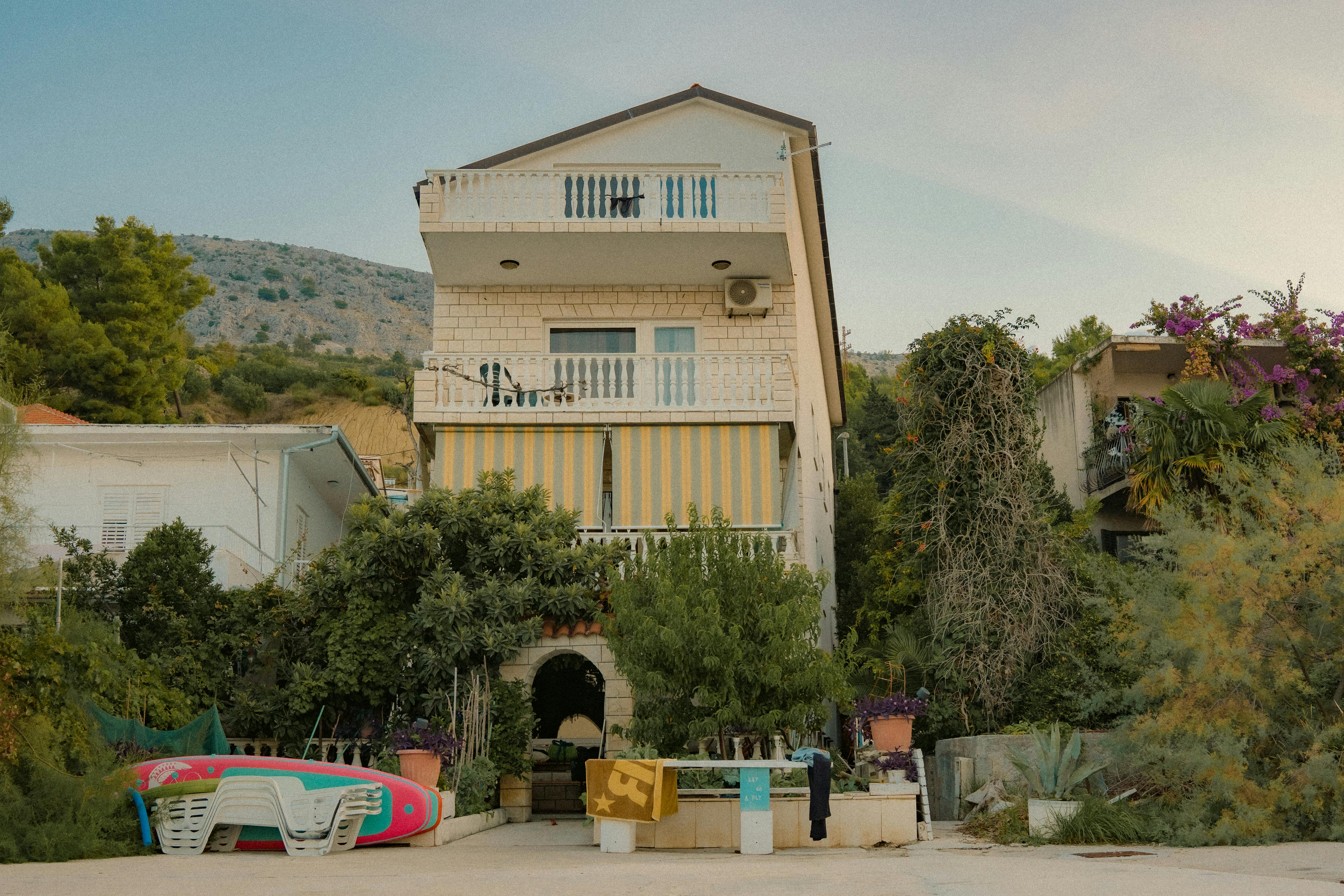Airbnb’s Political Playbook & Profit Puzzle

Airbnb’s really gotten into politics lately, huh? It’s not just about renting out spare rooms anymore; they’re spending big bucks to shape the rules of the game. They’re backing candidates and lobbying hard, all to make sure regulations work for them. While people are still booking stays like crazy, Airbnb is also warning us that all this political maneuvering and investing in new ventures might put a squeeze on their profits. It’s a tricky situation for them, and for the whole travel industry, really.
Why Airbnb’s Getting Political
It seems like a smart move for Airbnb to get involved politically. They’re putting serious money into state and local races, giving cash to candidates who seem likely to support their business model. Think about that $10 million they pledged in New York City – that’s a huge statement! They want rules that are more favorable, and they’re not shy about showing it. They say it’s all about helping with housing affordability and making neighborhoods safer, but let’s be real, it’s also about protecting their business.
They’re also getting good at telling their story. Airbnb wants everyone to see them as champions for homeowners, showing how much extra income people can make by renting out their places. They even use studies to show how much money their platform brings into communities and the jobs it creates. It’s a clever way to get people on their side.
Navigating the Tricky Rules
The whole short-term rental scene is a bit of a mess when it comes to rules. Cities all over the world are trying to figure out how to handle places like Airbnb. They want the economic benefits, sure, but they’re also worried about housing costs and whether these rentals are changing neighborhoods too much. Lots of places have put in strict rules, like limiting how many days you can rent out your place or requiring special permits. Some cities have even made it really hard to rent out entire homes for short periods.
New York City is a prime example. Their rules have made it so difficult that Airbnb says it’s almost like a ban in some areas. Listings have dropped way down, and it’s apparently made hotels more expensive. Other cities like San Francisco and Barcelona have similar strict rules, while places like Chicago have tried a more balanced approach. It really shows how different cities are tackling this issue.
Governments are also starting to hold platforms like Airbnb responsible if hosts aren’t following the rules. This puts more pressure on the companies, and sometimes leads to legal fights. Airbnb has pushed back before, saying they can’t control what every host does, and they’ve even used legal arguments to try and avoid liability. It’s a constant back-and-forth.
Market Trends and Who’s Winning
Guess what? In early 2025, vacation rentals were actually doing better than hotels in many parts of the U.S. People seem to be really liking the short-term rental experience. But, Airbnb isn’t just resting on its laurels. They know traditional hotels are still a big deal, so they’re looking for new ways to stay ahead, like offering new services and experiences.
The number of short-term rentals available isn’t growing as fast as it used to, partly because of things like high interest rates. But, people still want to book these places, and occupancy rates are getting back to where they were before the pandemic. Still, competition is heating up, and a lot of people running these rentals are worried about too many options out there.
How’s Airbnb Doing Financially?
Airbnb actually had a really good second quarter in 2025, with more people booking stays than expected. Revenue was up, which is great news. However, they did put out a warning that some of their profit margins might take a hit. This is mainly because they’re spending more on new projects and, you guessed it, all those political and regulatory efforts we talked about.
While they’re sticking to their overall profit predictions for the year, this warning suggests they’re in a phase of heavy investment. It might mean smaller profits in the short term, but they’re likely hoping it pays off in the long run. Plus, the overall economy, like global uncertainty and how people are feeling about spending, can always affect travel plans. It’s a lot to keep track of!
What’s Next for Vacation Rentals?
The vacation rental world is changing fast, so companies and hosts really need to be on their toes. Keeping up with new rules, using new technology, and making sure guests have a great experience are super important to stay competitive. Data and analytics are also becoming key to understanding what’s happening in the market and how to price things right.
For investors, it’s a bit of a puzzle. The way regulations change and how much companies like Airbnb influence them can really shake up stock prices and the hotel industry. It’s like a game where if one side wins, the other might lose.
Airbnb’s Balancing Act
Getting more involved in politics seems like a calculated move for Airbnb to ensure they can keep growing and operating smoothly. But, this political push, along with spending on new ventures and facing competition, means they’re walking a tightrope. They’ve got to handle all the regulatory challenges, keep guests happy with what they’re offering, and manage their spending wisely. It’s going to be interesting to see how they pull it all off and shape the future of travel.
